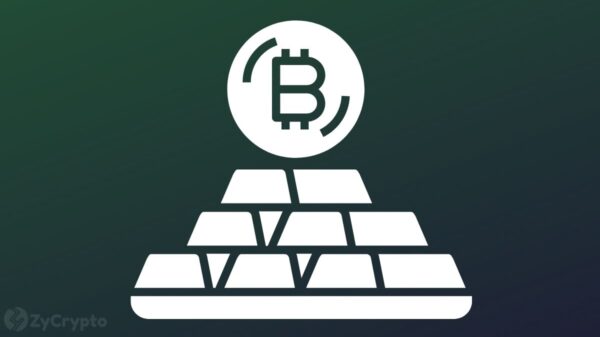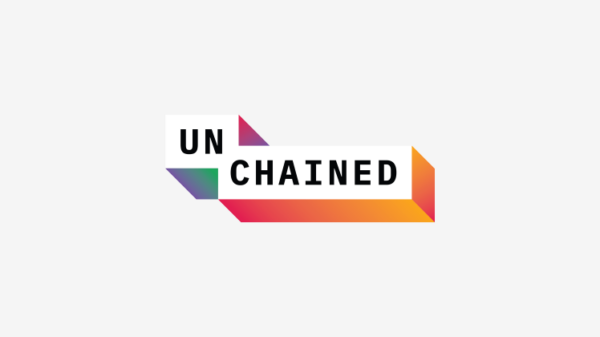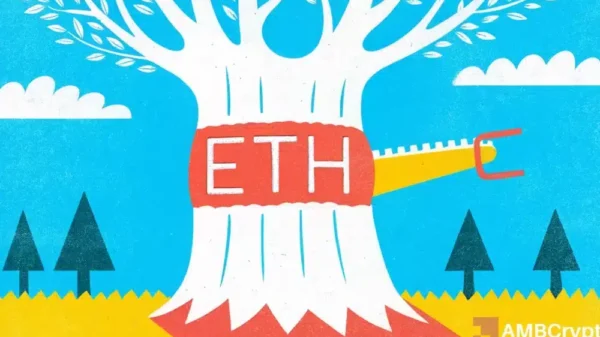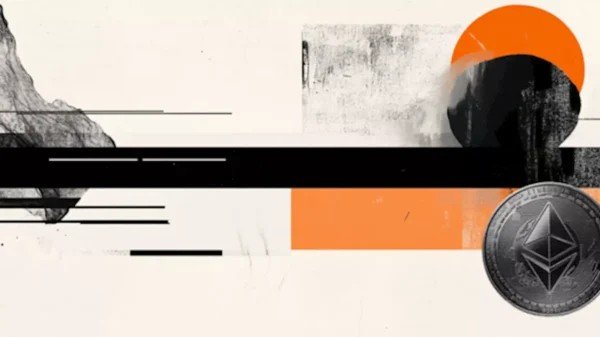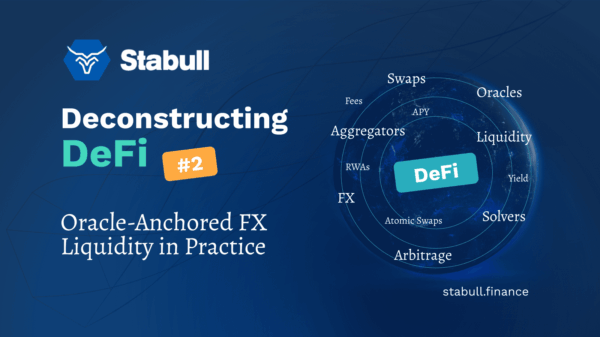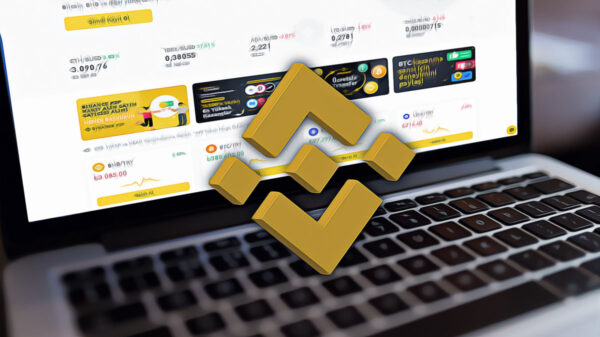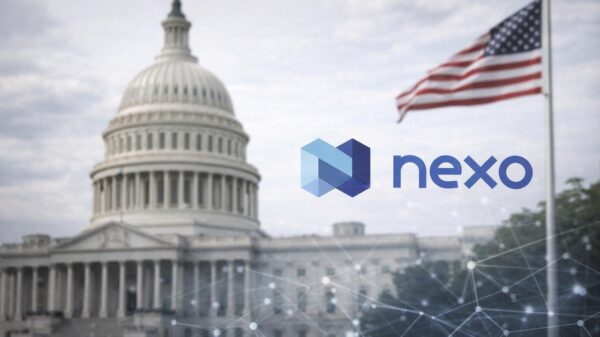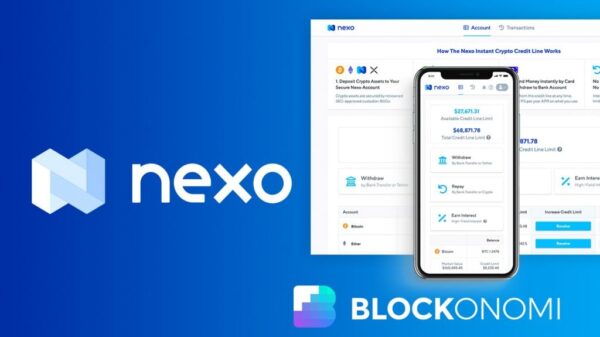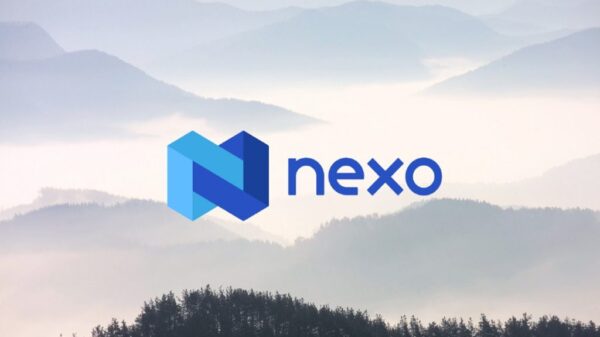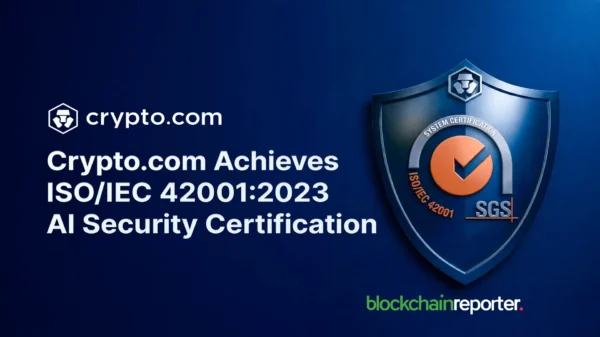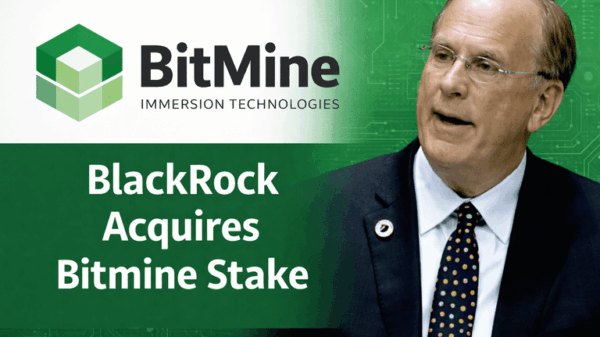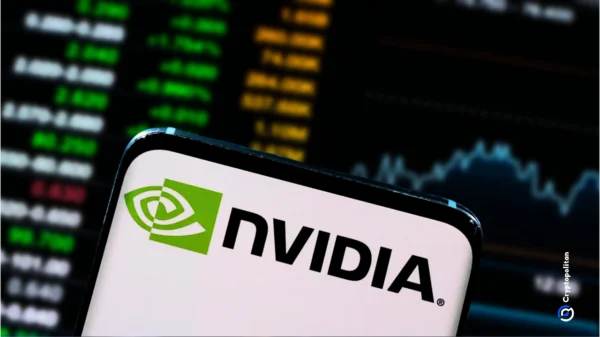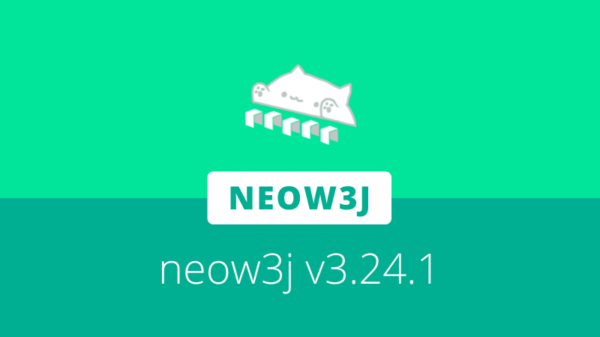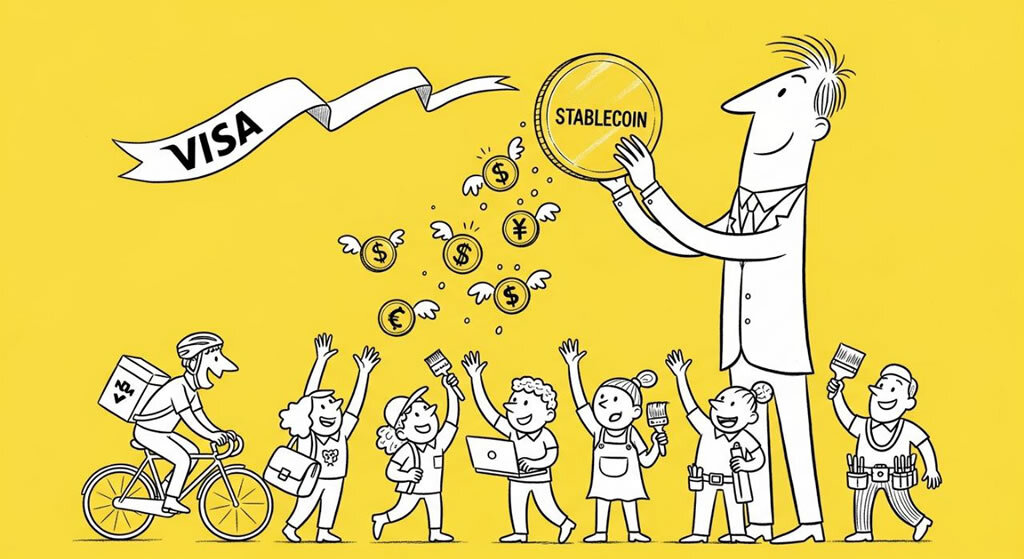On November 12, 2025, Visa announced a pioneering pilot program that allows businesses in the United States to send payouts in USDC, a stablecoin pegged to the US dollar. This initiative aims to support gig economy workers, freelancers, and creators by providing quicker access to funds through the Visa Direct platform.
This program enables companies to initiate transactions using traditional USD from their fiat accounts, while recipients receive their payments in the form of USDC. This functionality is designed to overcome typical delays associated with conventional payment processing, allowing funds to be transferred almost instantly, a significant advancement for workers who often navigate currency volatility and limited banking options.
Benefits of Stablecoin Payouts
The pilot is expected to enhance payment efficiency significantly, particularly for individuals in the gig economy who rely on timely access to their earnings. By leveraging blockchain technology, payments can be processed in a matter of minutes, rather than the traditional days.
Transactions conducted through this new system will be recorded on public blockchains, providing enhanced transparency and audit trails. To comply with regulatory standards, participants must utilize wallets that adhere to KYC (Know Your Customer) and AML (Anti-Money Laundering) regulations, ensuring that the program meets necessary legal requirements.
Chris Newkirk, the President of Commercial & Money Movement Solutions at Visa, highlighted the transformative potential of the program. He stated, “Launching stablecoin payouts is about enabling truly universal access to money in minutes—not days—for anyone, anywhere in the world.”
Future Expansion and Industry Context
This pilot program is currently being tested with selected partners, and Visa plans to expand its offerings in the second half of 2026, contingent upon regulatory developments. This initiative follows Visa”s earlier pilot for stablecoin pre-funding and underscores the company”s ongoing investments in fintech solutions centered around stablecoins.
Industry experts note the significance of integrating blockchain efficiencies with established payment systems, although they remain cautious about potential market fluctuations and regulatory changes that could impact the broader implementation of such technologies. Recent incidents within the decentralized finance (DeFi) sector serve as a reminder of the volatility in the cryptocurrency space.
The announcement of Visa”s pilot program has been met with interest from the crypto community, as evidenced by social media discussions, including a notable post from crypto influencer Lark Davis, who shared the news with his followers.
This development signifies a critical step toward the mainstream adoption of cryptocurrencies, particularly for those engaged in the gig economy, enhancing their financial accessibility and operational efficiency.







